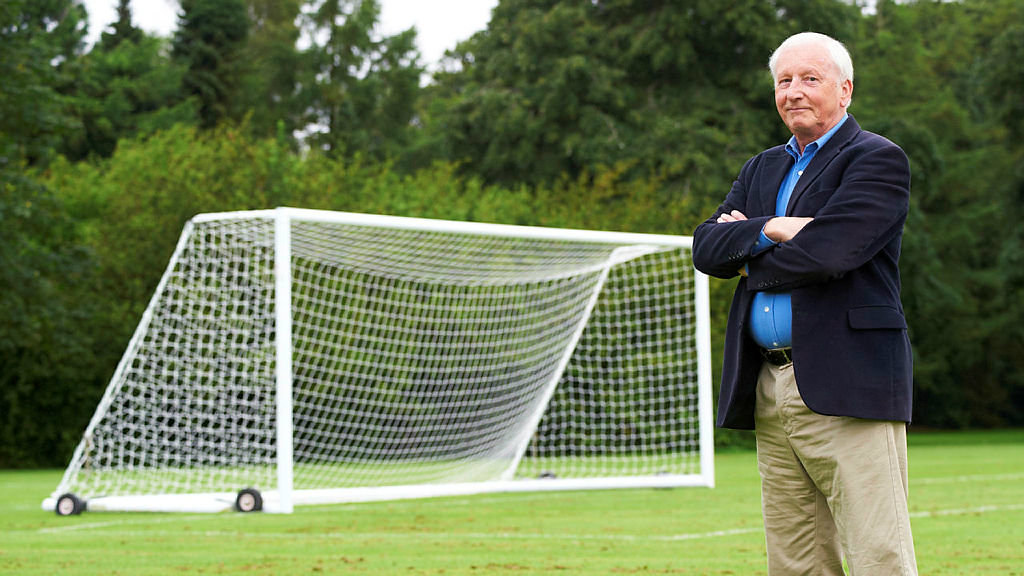Yet according to one researcher from our University there is a science behind penalty success and the 16 teams left could dramatically improve their chances with good physical and mental preparation.
Based on statistics from previous competitions research shows that for some teams still left in, like Germany, success in the shoot-out seems to come naturally. Germany has won about 80 per cent of their penalty encounters. But for other teams still in this year’s competition, like the Netherlands who have been successful on just 20 per cent of theirs, a quick science lesson could stop history from repeating itself this year.
In a new research video, Dr Ken Bray, author of the book ‘How to Score: Science & the Beautiful Game’, advises teams what could make the difference between success and failure. He explains: “Success in the shoot-out is something that teams can improve. From my research I’ve shown that there are really three key points to take the perfect penalty.
“Firstly, coaches must choose from the best available group of players when the shoot-out comes around. Secondly, players must ensure they use good placement technique. And lastly, teams need to work on players’ mental preparation for penalties.”
As part of his research, Dr Bray has analysed hours of footage to identify a ‘diving envelope’ - the reach of a goalkeeper when attempting a save. His research suggests that there is an ‘unsaveable zone' which any reasonably skilled player should be able to aim for, which could dramatically increase their chances of scoring.
“Our research at Bath shows that goalies have only a finite reach when attempting a save. We call this reach the ‘diving envelope’. Strikers can place the ball close to the diving envelope, or even a little inside, with reasonable chances of successes. We call the area outside the diving envelope the unsaveable zone. Our research shows that just over 80 per cent of shots, around four out of five, played into this area succeed”, he added.
He also argues that coaches must be the ones in charge of selecting players for the shoot-out and they must select from the best available group of players – not wait for players to self-select.
However, it is equally important to ensure mental preparation as well as physical. Stress affects sporting performance and Dr Bray prescribes techniques such as mental imaging for dealing with the problem whereby a player visualises a perfectly placed shot in the unsaveable zone.
All combined, he warns: “Any team that fails to prepare mentally and physically risk a quick exit –and there could be some big shocks in store. My advice to coaches and to players: never take a gamble with a penalty kick!”

